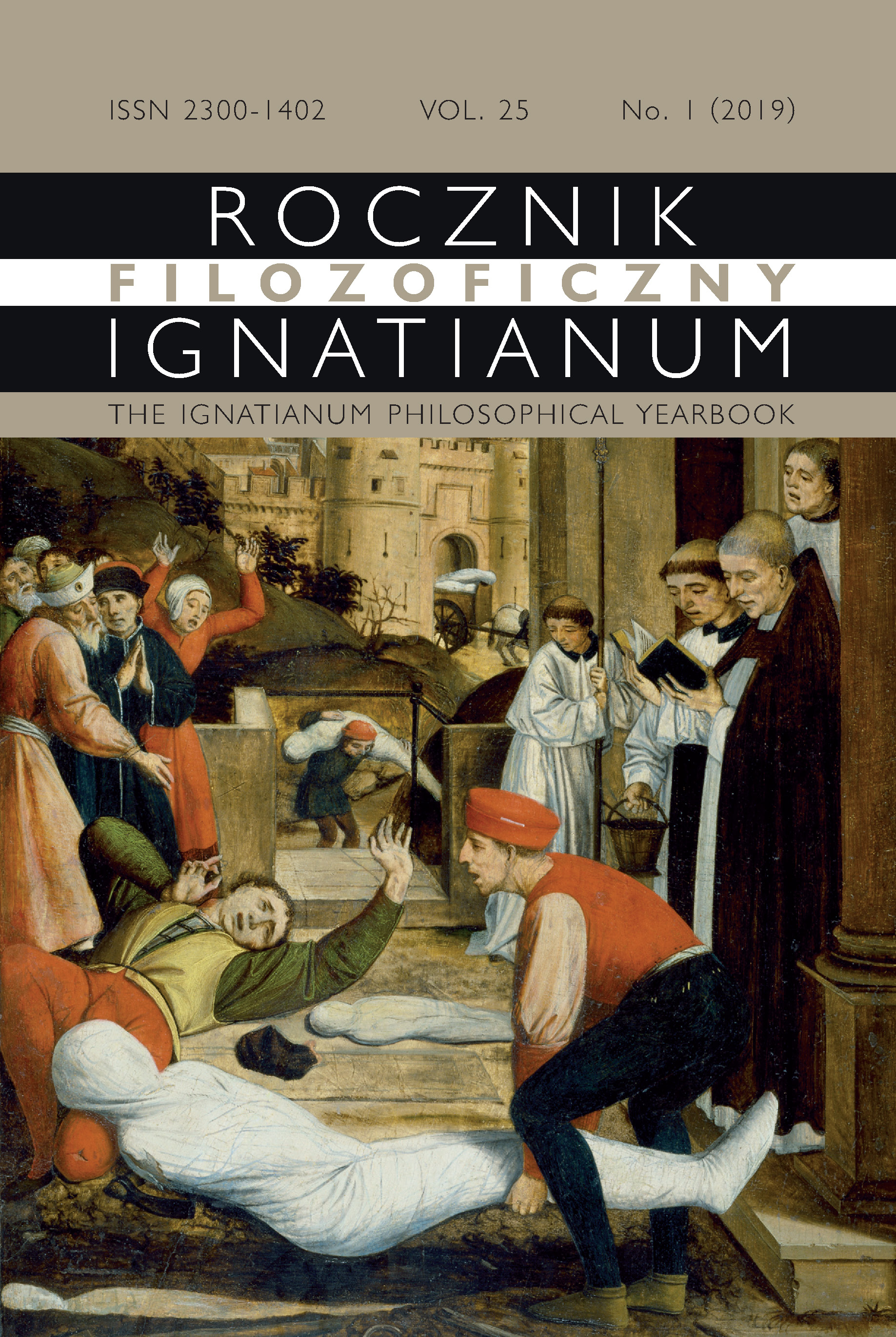From the History of Turkish Pharmacy. Bonkowski Pasha – the First Chemist of the Osman Palace
Abstract
The aim of this article is to present the person and achievements of Miralay Bonkowski Pasha (1841–1905), an Istanbul-born scientist and lecturer of Polish descent, about whose life little is known.
Bonkowski’s articles and reports in nineteenth-century periodicals such as: Gazette Mediale d’Orient (1868–1904); Journal de la Société de Pharmacie de Constantinople (1879): L’Osmanlı (1884–1885) and Revue Medico-Pharmaceutique 10/3 (1888–1897) constitute the source basis of this article. The literature used in the paper thereof consists of historical studies (including those related to the history of pharmacy) and takes into account the latest state of scientific research, published mainly in Turkish, but also in Polish.
This paper uses the method of historical analysis of sources, mainly journal articles and reports, in the context of properly selected historical literature. In the light of the sources and studies, Bonkowski appears to be a socially committed scientist, taking into account a modern perspective in his research, perfectly combining scientific theory with practice. Bonkowski sought to combine science and practice with the common good in mind, bringing chemistry issues into everyday practice and offering innovative and practical solutions in this regard. Thanks to his knowledge and skills, he was appointed by the state authorities to many commissions aimed at solving key current problems, such as: raising the level of public health (e.g. by analyzing water, food, or medicines), fighting infectious diseases (cholera epidemic), protecting vineyards from destruction due to disease, initiating the production of rose essence (a cosmetic widely used in the Ottoman state). Bonkowski, the first chemist-in-chief of the Ottoman palace, worked for many years in various institutions and organizations of the Ottoman state, played a key role in the establishment and development of public health, chemistry, and pharmaceutical professions in the Ottoman state. He made a breakthrough in the field of health. At the same time, with his chemical research and his studies of infectious diseases, especially cholera, he made significant contributions to Turkish science.
References
Altıntaş Ayten, Sırma Ekrem, „19. Yüzyıl Sonunda Üsküdar Çavuşbaşı Çiftliğinde Gülyağı ve Gülsuyu Üretimi”, w Uluslararası Üsküdar Sempozyumu VII. (İstanbul: Üsküdar Belediyesi Yayını, 2012), 207–211.
Atar Zafer, „İzmit ve Çevresinde Kolera Salgını (1894)”, w Uluslararası Karamür- sel Alp ve Kocaeli Tarihi Sempozyumu II (Kocaeli: Kocaeli Büyükşehir Bele- diyesi, 2016), 839–847.
Ayar Mesut, „1900 İzmir ve 1901 İstanbul Salgınları Bağlamında Vebanın XX. Yüzyıl Başlarında Osmanlı İmparatorluğu’nda Devam Eden Etkisi”, History Studies 3, (2010): 173–188.
Baytop Turhan, „Osmanlı İmparatorluğu Döneminde Anadolu’da Yağ Gülü Yetiştirilmesi ve Gülyağı”, Tıbbi ve Aromatik Bitkiler Bülteni 4 (1990): 8–10. Baytop Turhan, Osmanlı İmparatorluğu Döneminde Eczacılık Cemiyetleri, Eczacı Dergisi 11, (2005): 7–17.
Baytop Turhan, Türk Eczacılık Tarihi, (İstanbul: İstanbul Üniversitesi, 1985). Demirkol Kurtuluş, „Adana ve Kolera (1890–1895)”, Dumlupınar Üniversitesi Sosyal Bilimler Dergisi 56 (2018): 141–156.
Elmacı İrfan, „Simyadan Kimyaya Osmanlı İmparatorluğunda Teknoloji”, Osmanlı Araştırmaları XIX 2 (2018): 265–287.
Evci Tevfik. Tanzimat Döneminde Edirne (1840–1908) (Ankara: Hacettepe Üni- versitesi Sosyal Bilimler Enstitüsü Tarih Anabilim Dalı Doktora Tezi, 2019), 339.
Günergün Feza, „XIX. Yüzyılın İkinci Yarısında Osmanlı Kimyager/Eczacı Bon- kowski Paşa”, w I. Türk Tıp Tarihi Kongresi Bildirileri (Ankara: Türk tarih Kurumu Yayını, 1992): 229–252.
Gözel-Durmaz Oya, „Osmanlı’da Gıda Güvenliği: Halk Sağlığı ve Uluslararası Ticaret Kıskacında Mahlût Zeytinyağları Meselesi”, Osmanlı Araştırmaları LIV, (2019): 277–305.
Gümüş Musa, Musa Gümüş, „Kudüs-i Şerif ’ten Şam-ı Şerif ’e Kolera ile Müca- dele 1902–1903: Bir raporun Anlattıkları”, Yenifikir Uluslararası Hakemli Akademik Fikir Araştırma Dergisi 8/21 (2018): 115–132.
Judycki Z. Andrzej, Pod obcymi sztandarami, Tom I, (Warszawa: Muzeum Nie- podleglosci w Warszawie, 2016), 27.
Karcı Erol, (2020) „Osmanlı Devleti’nde Bakteriyoloji Öğretiminin Öncüsü Dok- tor Hamdi Aziz Paşa ve 1902–1904 Irak Kolerasına Dair Tespitler”, SUTAD 49 (2020): 339–417.
Lewak Adam, „Bońkowski Karol”, w Polski Słownik Biograficzny, t. II (Kraków: PAU, 1936).
Łątka S. Jerzy, Bońkowski Antoni, w Słownik Polaków w Imperium Osmańskim i Republice Turcji (Kraków: Towarzystwo Słowaków 2015).
Łątka S. Jerzy, Odaliski, poturczenscy i uchodzcy. Z dziejów Polaków w Turcji (Kraków: Universitas, 2001).
Marie de Launay, Bonkowski Bey, Bursa ve Çevresi (İstanbul: Heyamola Yayınları, 2015).
Menekşe Metin, „İzmir’de Kolera Salgını ve Etkileri (1893)”, Tarih Araştırmaları Dergisi 39/67 (2020): 385–433.
Menekşe Metin, „Eskişehir’de Kolera Salgını: Etkileri ve Alınan Önlemler (1893)”, Tarih ve Gelecek Dergisi 6/1 (2020).
Okumuş Rüveyda, „Muhacirlerin Gülistanı Çavuşbaşı Gül Çiftliği”, Yedikıta 116 (2018): 14–17.
Şişman Adnan, Tanzimat Döneminde Fransa’ya Gönderilen Osmanlı Öğrencileri (1839–1876) (Ankara: Türk Tarih Kurumu Yayınları, 2004).
Terzi Arzu, „Osmanlı Saray Eczanesinin Teşkilat ve İdaresi (XIX. Yüzyılın İkinci Yarısında)”, Osmanlı Bilimi Araştırmaları XI/1–2 (2009–2010): 49–64.
Tanker Mekin, Asil Eriş, „Türkiye’de ilk Eczacılık Derneği”, Ankara Eczacılık Fakültesi Mecmuası 11, (1981): 112–117.
Yıldırım Nuran, „Kolera Salgınında Şehir Hijyeni: İstanbul’da Kanalizasyonlar, Su Şebekesi ve Tebhirnameler”, Arredamento Mimarlık İki aylık Mimarlık ve Tasarım Kültürü Dergisi 342 (2020): 87.
Copyright (c) 2019 Jesuit University Ignatianum in Krakow

This work is licensed under a Creative Commons Attribution-NoDerivatives 4.0 International License.
The Yearbook only accepts materials for publication that are free of all conflicts of interest, and that in no way involve conflicts over authorship, copyright, etc. The Editors will take action against any cases of plagiarizing, ghostwriting1, guest/honorary authorship2, etc. Where co-authored work is concerned, the Author listed first is expected to take responsibility for the submission, and is required to make clear the contributions of all of the Co-Authors involved. In the event of the publication owing its existence to funding dedicated to this purpose, this fact should be made clear: e.g. in any note of thanks/acknowledgement, or in a footnote, etc. Explicit notification should be given of any form of reprinting, with the appropriate evidence of permission to publish being furnished as required. Any impropriety on the part of Authors/Reviewers risks exposing them to appropriate responses from the relevant institutions.
______
1 This term refers to instances of a person who has made an essential contribution being omitted from the list of authors, or from notes conveying gratitude and/or acknowledgement.
2 This occurs when a person who has made either an insignificant contribution or no contribution at all nevertheless appears on the list of authors.





